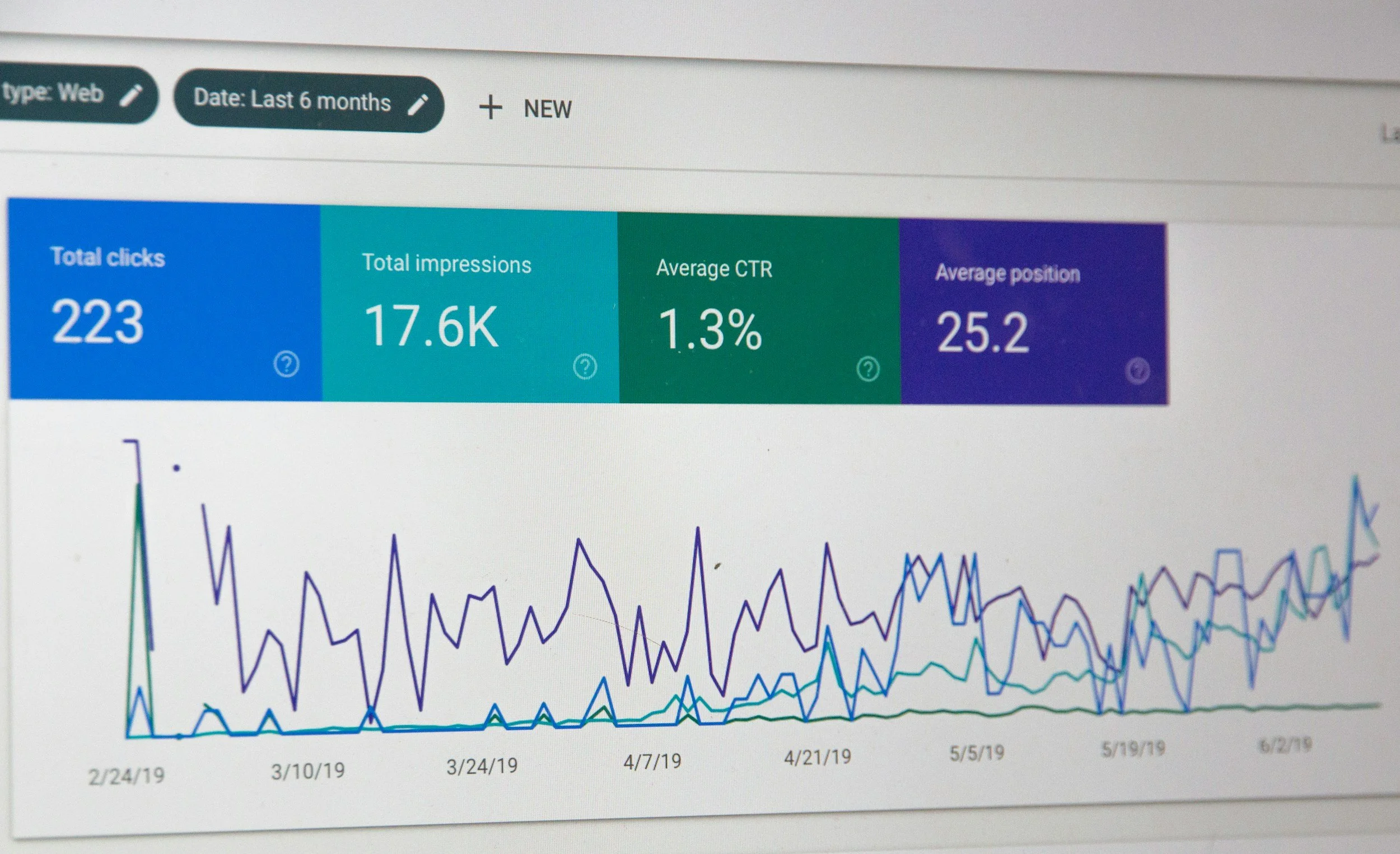Google Analytics Too Hard? Here are some alternatives
Most people leave Google Analytics (GA) for two reasons: Privacy/GDPR concerns or complexity (GA4 is difficult to use).
Google Analytics Alternatives
1. The "Privacy-First" Alternatives (Lightweight & Compliant)
These tools do not use cookies, do not track personal data (GDPR compliant by default), and offer simple, single-page dashboards. They are perfect if you just want to know "how many visitors do I have and where are they coming from?"
Plausible Analytics: The gold standard for privacy. Open-source, lightweight (doesn't slow down your site), and beautiful UI. (Paid, with self-hosted free option).
Fathom Analytics: Very similar to Plausible but with excellent uptime and enterprise-grade infrastructure. Great for agencies. (Paid).
Simple Analytics: STRICT privacy. It doesn't even track "sessions" in the traditional way to ensure total anonymity. (Paid).
2. The "Data Control" Alternatives (Open Source)
If you want to own your data (hosted on your own servers) and avoid sending data to big tech companies.
Matomo (formerly Piwik): The closest direct feature-for-feature competitor to Google Analytics. It has powerful reporting, heatmaps, and goal tracking. You can self-host it for free or pay for their cloud version.
Umami: A newer, fresher open-source alternative. It looks better than Matomo and is easier to set up, but has fewer "enterprise" features.
3. The "Product & User Journey" Alternatives
If you are building an app or a SaaS and need to track exactly what features users are clicking on, which GA4 struggles with..
Mixpanel: Best for tracking events (e.g., "User clicked 'Sign Up' button").
Amplitude: The industry leader for product analytics. Huge free tier.
PostHog: An "all-in-one" open-source suite that includes analytics, session recording, and feature flags.
4. The "Visual" Alternatives
Sometimes you don't want charts; you want to see what users are doing.
Microsoft Clarity: Free.It provides heatmaps (where users click) and session recordings (watch videos of users browsing). It covers the basics of "how many visitors" but focuses on behaviour.
Hotjar: The paid, more advanced version of Clarity with surveys and feedback widgets.
Alternatives to Google Search Console (GSC)
Crucial Note: GSC is unique because it is the only place to see direct data on how Google indexes your site. No other tool can tell you exactly when Google crawled a page or if a manual penalty was applied. However, other tools can replace its Rank Tracking and Site Auditing functions.
1. The "Direct Competitor" (Other Search Engines)
Bing Webmaster Tools: This is the only true equivalent. It is free and provides data on how your site performs on Bing, Yahoo, and DuckDuckGo. Surprisingly, its site auditing tools and SEO reports are often better and easier to understand than Google's.
2. The "All-in-One" SEO Suites (Paid)
These tools simulate GSC data by crawling your site and tracking keywords externally. They are much more powerful than GSC but cost money.
Ahrefs: Famous for its "Webmaster Tools" (free limited version). It shows you backlinks (links pointing to your site) much better than GSC does.
Semrush: excellent for keyword tracking and seeing what your competitors are ranking for (which GSC cannot do).
SE Ranking: A more budget-friendly alternative to Ahrefs/Semrush.
3. The "Technical Auditor" Alternatives
GSC tells you if your site has errors (404s, broken pages). These tools do it on demand.
Screaming Frog SEO Spider: A desktop app that crawls your website like Google does. The free version crawls up to 500 URLs. It is essential for finding broken links and technical errors.
Addendum
Make sure you check out the paid-for options. Many have generous free plans which could work for you if you have a low-volume site.


